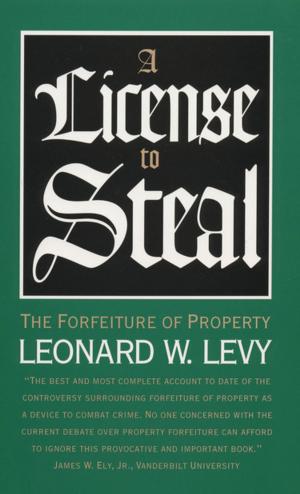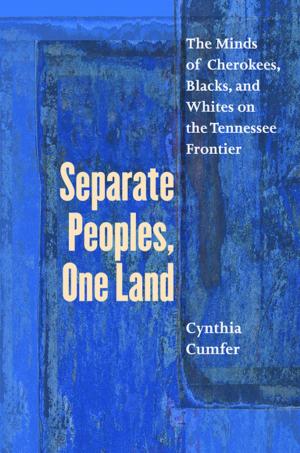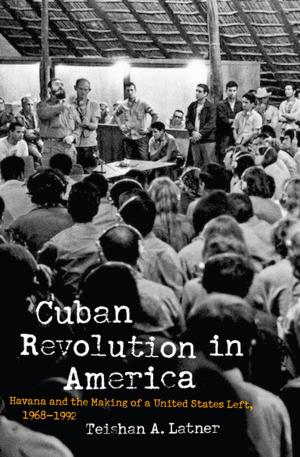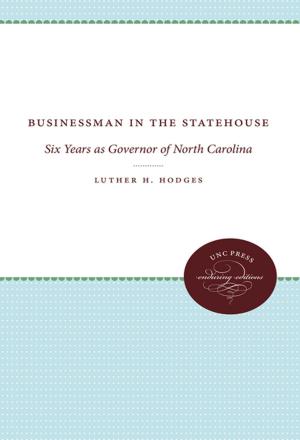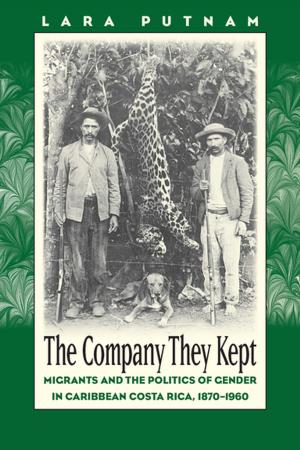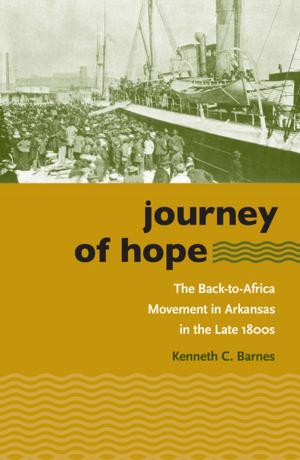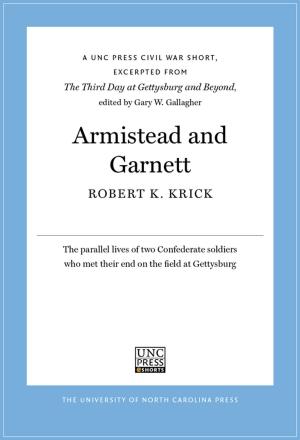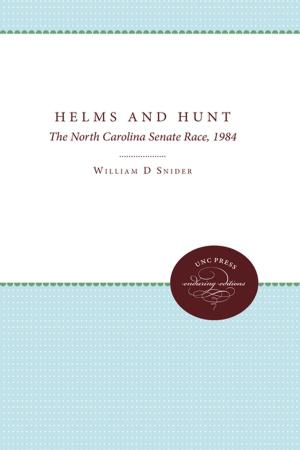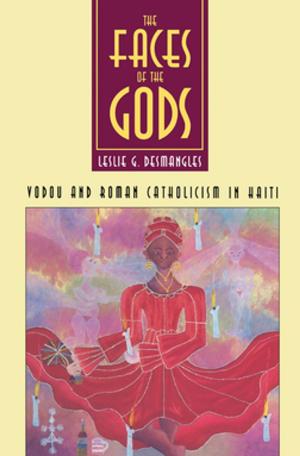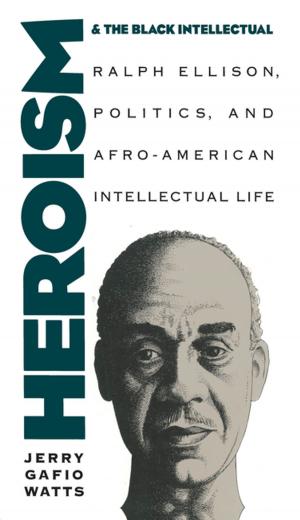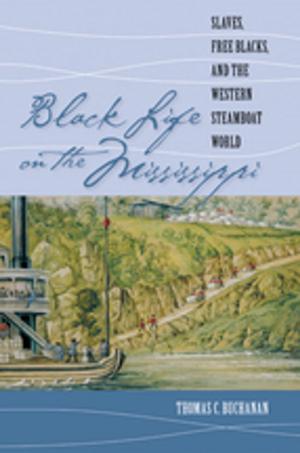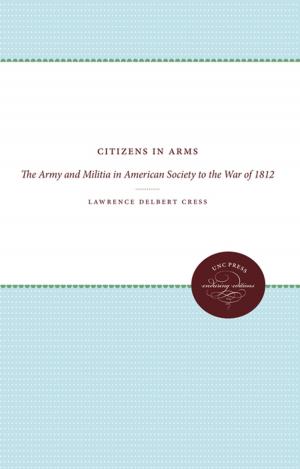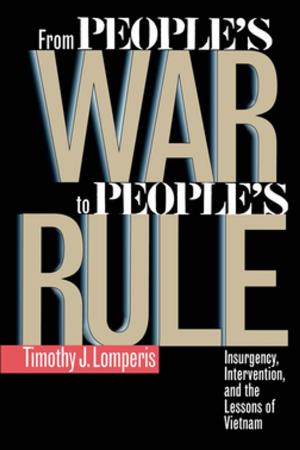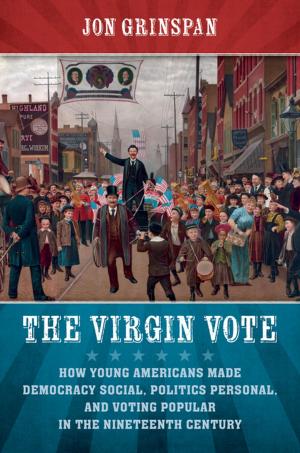The Artistry of Anger
Black and White Women's Literature in America, 1820-1860
Fiction & Literature, Literary Theory & Criticism, Women Authors, American, Nonfiction, Social & Cultural Studies, Social Science, Gender Studies, Women&| Author: | Linda M. Grasso | ISBN: | 9780807860199 |
| Publisher: | The University of North Carolina Press | Publication: | April 3, 2003 |
| Imprint: | The University of North Carolina Press | Language: | English |
| Author: | Linda M. Grasso |
| ISBN: | 9780807860199 |
| Publisher: | The University of North Carolina Press |
| Publication: | April 3, 2003 |
| Imprint: | The University of North Carolina Press |
| Language: | English |
In this compelling interdisciplinary study, Linda Grasso demonstrates that using anger as a mode of analysis and the basis of an aesthetic transforms our understanding of American women's literary history. Exploring how black and white nineteenth-century women writers defined, expressed, and dramatized anger, Grasso reconceptualizes antebellum women's writing and illuminates an unrecognized tradition of discontent in American literature. She maintains that two equally powerful forces shaped this tradition: women's anger at their exclusion from the democratic promise of America, and the cultural prohibition against its public articulation.
Grasso challenges the common notion that nineteenth-century women's writing is confined to domestic themes and shows instead how women channeled their anger into art that addresses complex political issues such as slavery, nation-building, gender arrangements, and race relations. Cutting across racial and genre boundaries, she considers works by Lydia Maria Child, Maria W. Stewart, Fanny Fern, and Harriet Wilson as superb examples of the artistry of angry expression. Transforming their anger through literary imagination, these writers bequeathed their vision of an alternative America both to their contemporaries and to subsequent generations.
In this compelling interdisciplinary study, Linda Grasso demonstrates that using anger as a mode of analysis and the basis of an aesthetic transforms our understanding of American women's literary history. Exploring how black and white nineteenth-century women writers defined, expressed, and dramatized anger, Grasso reconceptualizes antebellum women's writing and illuminates an unrecognized tradition of discontent in American literature. She maintains that two equally powerful forces shaped this tradition: women's anger at their exclusion from the democratic promise of America, and the cultural prohibition against its public articulation.
Grasso challenges the common notion that nineteenth-century women's writing is confined to domestic themes and shows instead how women channeled their anger into art that addresses complex political issues such as slavery, nation-building, gender arrangements, and race relations. Cutting across racial and genre boundaries, she considers works by Lydia Maria Child, Maria W. Stewart, Fanny Fern, and Harriet Wilson as superb examples of the artistry of angry expression. Transforming their anger through literary imagination, these writers bequeathed their vision of an alternative America both to their contemporaries and to subsequent generations.

